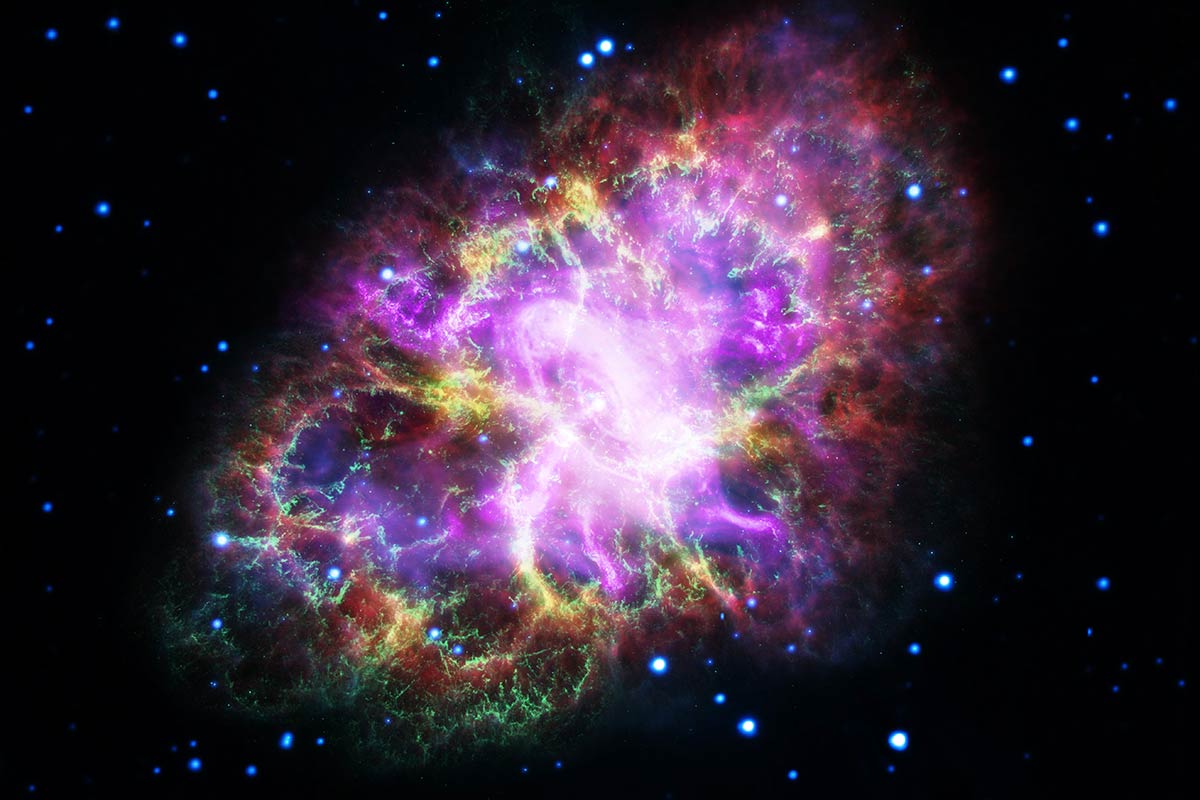
A wealth of expertise in engineering, novel fuels, computing, nanotechnology, communications technologies, entrepreneurship and even space archaeology will ensure Flinders University is a key supporter on the newly announced national Space Agency in South Australia.
Deputy Vice-Chancellor (Research) Professor Robert Saint welcomed the announcement that the Agency would be located in Adelaide and congratulated the federal government and Premier Stephen Marshall for their foresight and commitment.
“As a state that is renowned for innovation, that excels in collaborative partnerships with industries, combined with our rich history in the space sector and our natural location advantages, South Australia is the smart choice from which to launch Australia’s increased engagement in this exciting sector.
“Flinders, a leading globally connected university, is ready to put its shoulder to the wheel by contributing its world class research to an initiative which holds extraordinary promise for economic growth and development” Professor Saint says.
Australia’s space archaeologist Dr Alice Gorman says South Australia’s rich space heritage provides a strong foundation for the future success of the Australian Space Agency.
Dr Spacejunk, as she is popularly known, describes the announcement as incredibly exciting news for the state.
‘As well as the heritage of the Woomera rocket range, which launched the WRESAT 1 satellite in 1967 making Australia the fourth nation in space, South Australia has a flourishing space ecosystem.
‘Space enterprises already located here include telecommunications and satellites, Internet of Things, defence science and technology, propulsion, and launch services. There is a strong space education focus with the International Space University’s Southern Hemisphere program, and the Hamilton Space School. There are significant research strengths in satellite systems, space law and space heritage’ Dr Gorman says.
Dr Gorman says the Adelaide location is well connected nationally and internationally.
‘The location of the Agency’s headquarters in Adelaide does not mean that industry and research enterprises in other states are not going to play major roles in Australia’s bid to grow its share of the global space market.
‘But the announcement means that the Agency, still less than six months old, can really settle down and focus on its core business. At a national level, we’re demonstrating that we’re serious about space and Australia is ready to make its mark’ Dr Gorman emphasised.

